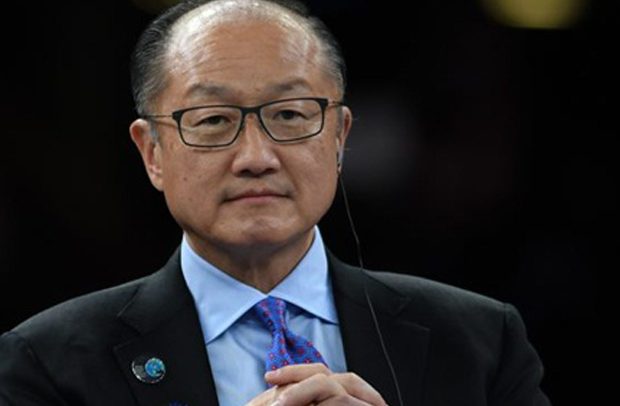Jim Yong Kim
World Bank Group President Jim Yong Kim has announced that he will be stepping down from his position after more than six years in which the institution’s shareholders provided strong support to multiple initiatives to ensure that the Bank Group retains strong leadership in the world of global development.
“It has been a great honour to serve as president of this remarkable institution, full of passionate individuals dedicated to the mission of ending extreme poverty in our lifetime,” said Kim.
“The work of the World Bank Group is more important now than ever, as the aspirations of the poor rise all over the world, and problems like climate change, pandemics, famine and refugees continue to grow in both their scale and complexity. Serving as president and helping position the institution squarely in the middle of all these challenges has been a great privilege.”
Under Kim’s leadership and with the backing of the Bank Group’s 189 member countries, the institution in 2012 established two goals: to end extreme poverty by 2030 and to boost shared prosperity, focusing on the bottom 40 percent of the population in developing countries.
These goals now guide and inform the institution in its daily work around the globe.
In addition, shareholders strongly supported measures to ensure that the Bank Group be even better positioned to respond to the development needs of clients.
The Bank Group’s Fund for the Poorest and IDA, achieved two successive, record replenishments, which enabled the institution to increase its work in areas suffering from fragility, conflict and violence.
In April 2018, the Bank Group’s Governors overwhelmingly approved a historic $13 billion capital increase for IBRD and IFC that will allow the Bank Group to support countries in reaching their development goals while responding to crises such as climate change, pandemics, fragility and underinvestment in human capital around the world.
Over the past six plus years, the institutions of the World Bank Group have provided financing at levels never seen outside of a financial crisis.


